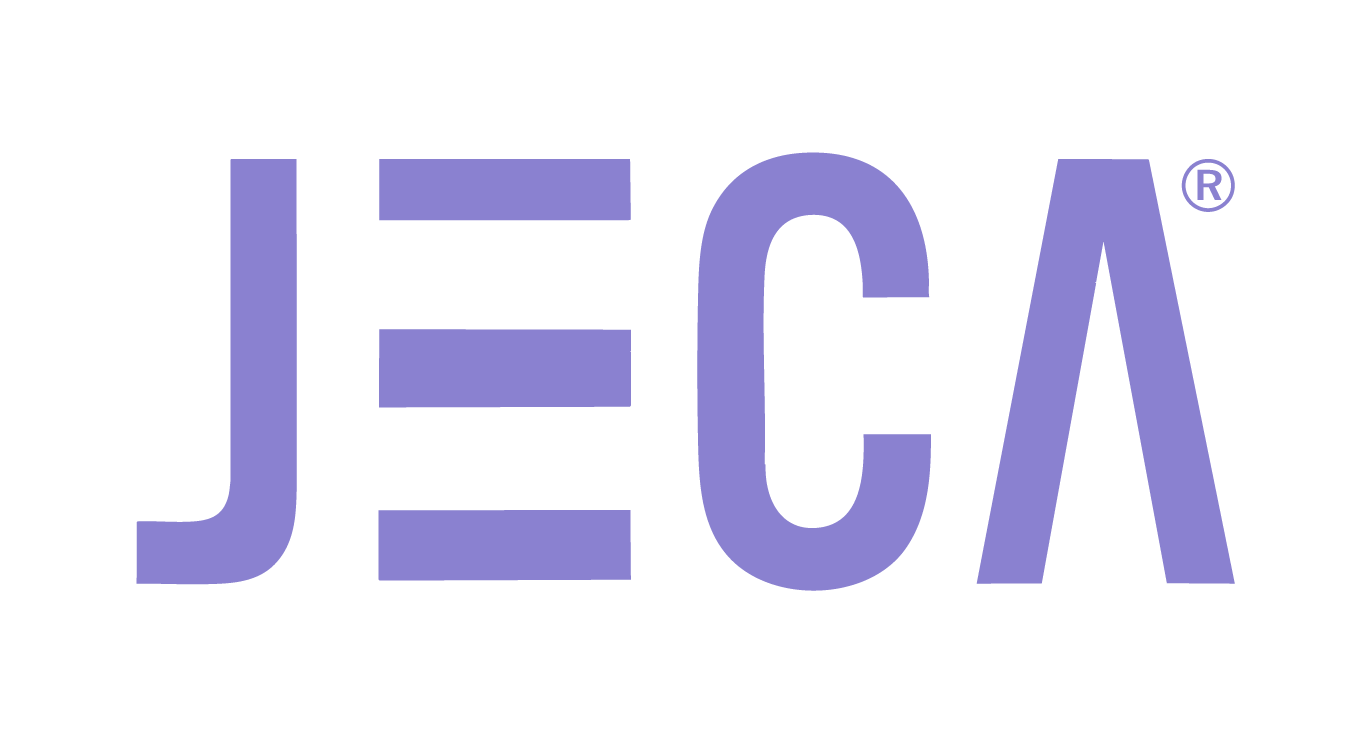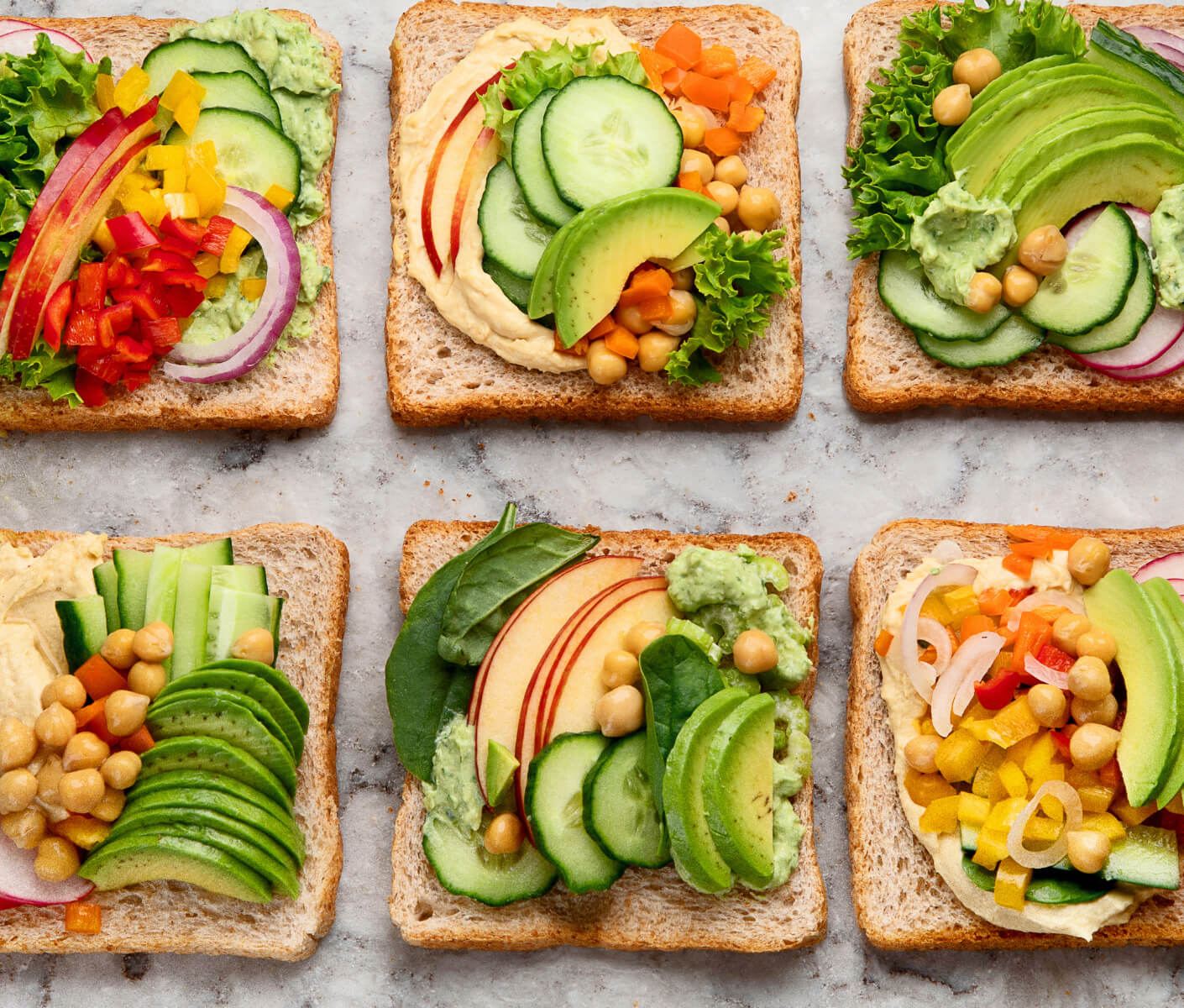Going more toward a plant-based diet could have a positive impact on your health. Research shows that plant-based diets, done correctly, can lower your risk of some health problems. Plant-based doesn't necessarily mean giving up meat, milk, or eggs. Adding more plant-based foods and reducing other foods can go a long way to better health. Here is more about plant-based diets, possible health benefits, and how to get started with getting more plants in your diet.
What Is a Plant-Based Diet?
A plant-based diet is any diet where the majority of food comes from plants. Technically, it is not a diet, but a different approach to food. You don't have to make major changes to your lifestyle or philosophy to follow a plant-based diet. You can still eat meat, seafood, eggs, and dairy if you prefer. However, you may wish to reduce your consumption of these items to make room for more vegetables, fruits, beans, and grains.
How Is a Plant-Based Diet Healthy?
Research shows that plant-based diets can have some positive health effects, especially with diet and obesity-related health issues. Here are some reasons why plant-based diets may have health benefits.
Plant-Based Diets Tend to Be Lower in Calories
Vegetables and fruits are often lower in calories with less saturated fat and sugars than many animal-derived foods. However, don't assume all vegan or plant-based food is low calorie. Be sure to do your research and know your ingredients to ensure you don't overeat.
Plant-Based Diets Are Often High in Nutrition
Plant-based diets can have a higher nutritional profile. This is especially the case if most of the foods you incorporate are complete or as whole as possible. For best results, try to use low or non-processed foods in your diet as much as possible.
Plant-Based Diets Have More Fiber
When you add more beans, whole grains, or lightly cooked or raw vegetables, you increase the amount of fiber in your diet. Fiber helps the digestive system and also helps you feel full. This, in turn, could result in fewer calories consumed.
How Is a Plant-Based Diet Environmentally Friendly?
A plant-based diet can benefit the environment in several ways. Many plant-based foods use less water and take up less space than many animal-based products. Plus, a large amount of land is reformed to make way for animal feed crops. In many places in the world, whole forests are destroyed to grow food solely for livestock. Domestic animals also take up a lot of space on their own and emit their own harmful emissions. Plus, a lot of resources are used to raise and maintain the animals. When people consume more plants than animal products, it reduces some of the burden on the land.
What Are Some Ways to Start a Plant-Based Diet?
Most people can start a plant-based diet by exchanging animal-based food with plant-based ones you like. You can also research how to replace animal proteins and nutrients with plant-based ones. One way many people start is with a meatless meal or day once a week. Try a new vegetable or vegetable recipe every month. If you suffer from a health condition, talk to your doctor or nutritionist before you go all-in on a plant-based diet. Plant-based diets can have a positive effect on most people's lives. You can participate in this change whether you are vegetarian, vegan, or still want meat in your diet. If you want a quick and easy plant-based food you can use on the go, consider Jeca Bar. We make our bars with quality plant-based ingredients that are packaged up and ready to go with you. Our bars are available at many stores in various New York locations. You can also order online from our website.











